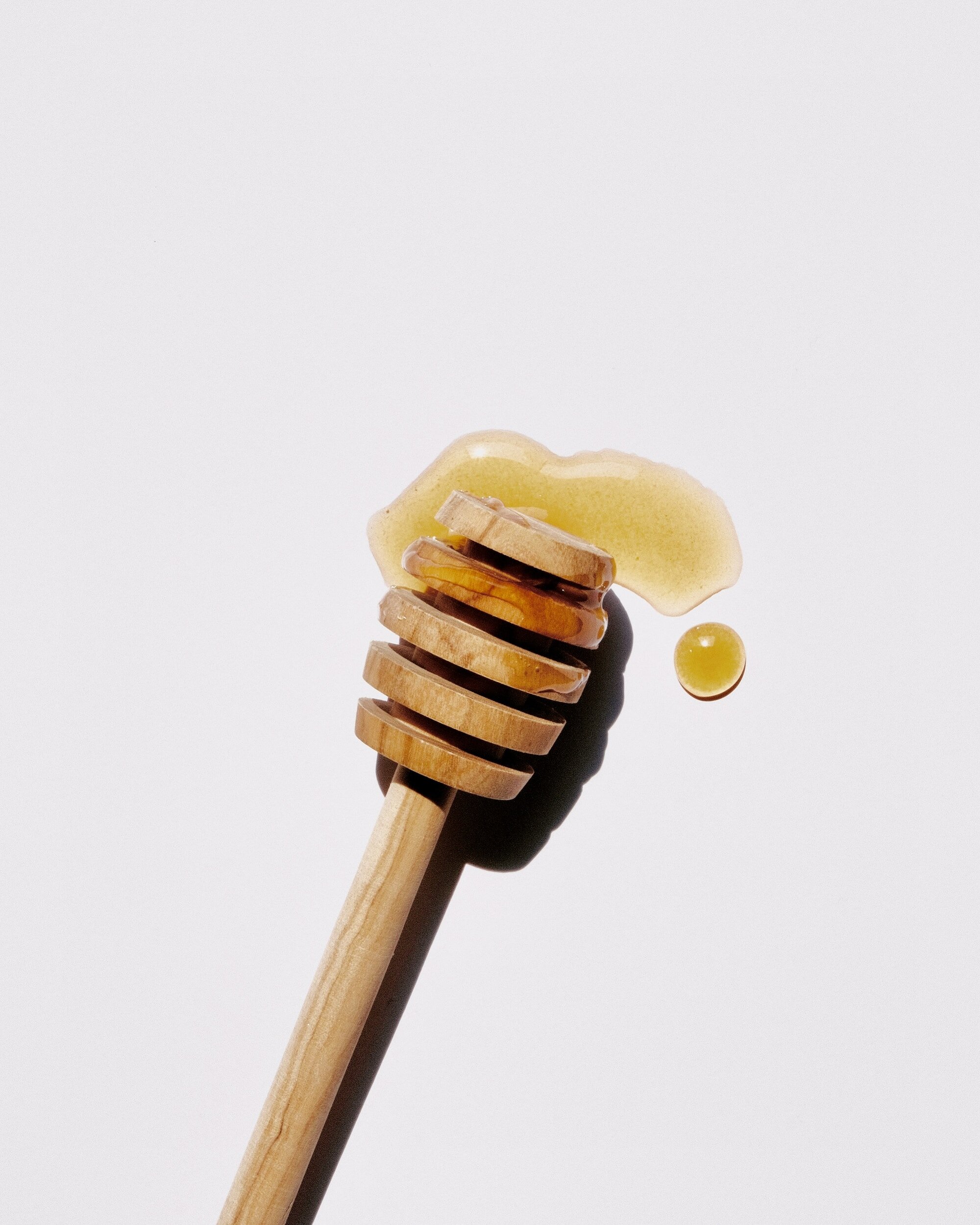Does My Food Company Need a Preventive Controls Qualified Individual (PCQI)?
If you are a food manufacturing facility regulated by the FDA you are required to have at least one Preventive Controls Qualified Individual (PCQI) oversee the development and implementation of your food safety plan(s), unless you qualify for an exemption as detailed in 21 CFR 117.5.
While most food and drink manufacturers require a food safety plan developed by a PCQI, some processes are exempt from this requirement. These exemptions tend to be for very small facilities or for lower risk products, which are items whose inherent qualities make them resistant to food safety hazards. But does a small company size or a low risk profile alone exempt a product from the requirement for a food safety plan?
Fortunately, the exemptions are not left up for interpretation but are listed explicitly in the regulation, which gives us a definition of the facility size and the product categories that are exempt. The list of exemptions can be found in 21 CFR 117.5 and includes, for example, businesses that produce alcoholic beverages, dietary supplements, and very small “qualified” facilities. There are other product categories, such as seafood and juice items, that require more specialized HACCP regulations that exempt them from the requirement for a food safety plan with preventive controls. There are still other categories, like canned foods, that have specialized regulations that must be followed in addition to the requirement for a PCQI-developed food safety plan.
Most restaurants or retail food establishments, such as groceries and retail bakeries, are also exempt if their primary sales route is directly to consumers from their facility. However, facilities that operate a retail location while also producing to sell to other businesses are not exempt if more than 50% of sales (in monetary value) are to other business or other locations (even within the same business). These facilities are then considered processing facilities and not retail establishments, and must register with the FDA and will require a PCQI developed food safety plan.
Below are some examples of facilities that many may think are exempt, but in fact might need a PCQI and food safety plan:
Coffee Roasters that distribute to other locations
Retail Bakeries that sell primarily to other businesses
Brewers, wineries, or distillers who also produce non-alcoholic items in significant quantities (>5% of gross sales)
Honey processors not operating on a very small farm
A restaurant company’s central kitchen that produces food for a chain of restaurant locations
A food warehouse that handles exposed foods for repacking
A bottled water manufacturer
Put simply, most FDA regulated facilities will need a PCQI on staff, a corporate PCQI, or a PCQI consultant, in order to be in compliance with the regulation. Unless your facility meets the size exemption or fits into one of these other exempted categories, a food safety plan developed and overseen by a PCQI is a requirement for you. Check with us if you are unsure about your specific situation!
Freshield Food Safety offers remote and in-person options for FSPCA Preventative Controls for Human Food Training (PCQI), which is the standardized curriculum meeting the requirements of the regulation.



